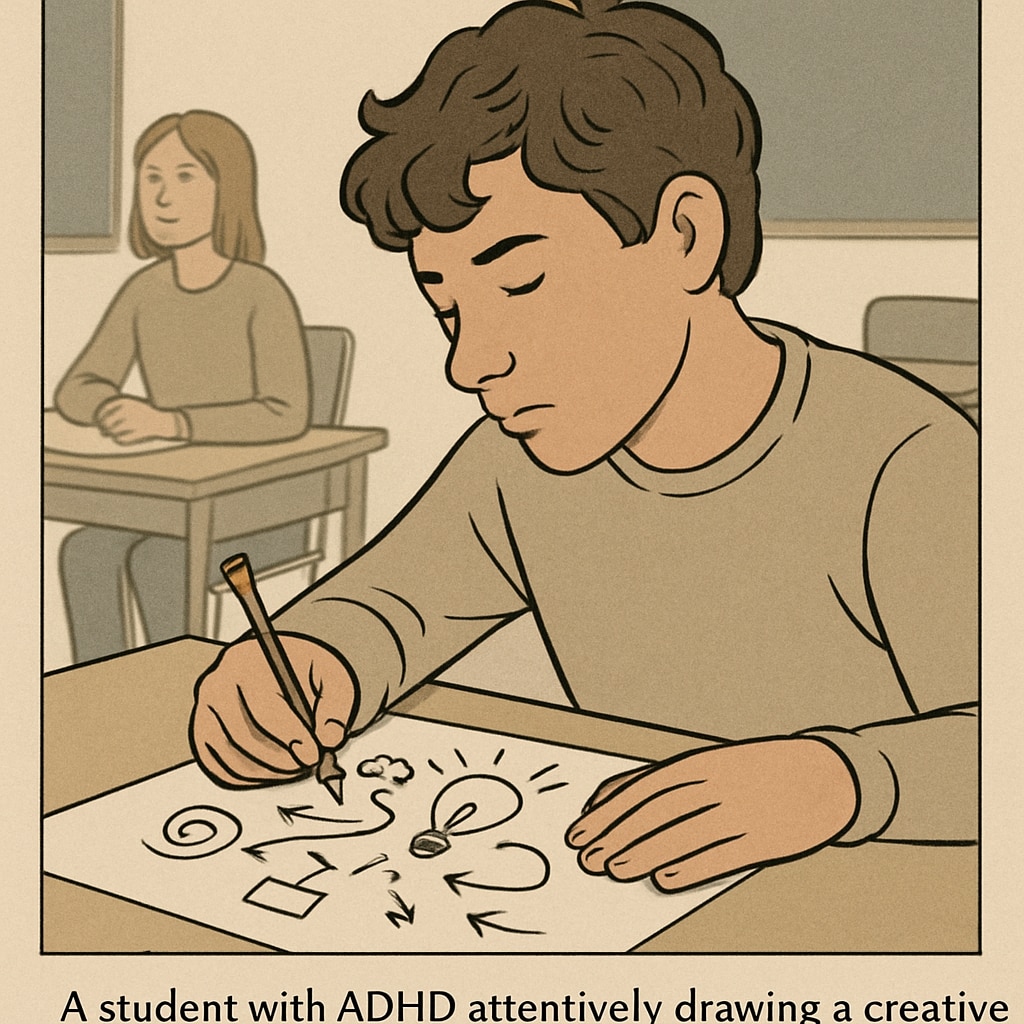Gifted education programs (often abbreviated as GT) are widely regarded as essential for nurturing exceptional talent among students. However, their reliance on standardized tests as the primary identification tool presents a significant problem: many students, particularly those with ADHD (Attention Deficit Hyperactivity Disorder) or other neurodivergent conditions, are overlooked. This oversight not only deprives these students of valuable resources but also limits the true scope of gifted education. Research and anecdotal evidence suggest that reform is urgently needed to develop more inclusive systems that recognize diverse forms of intelligence.

Flaws in Standardized Testing for Gifted Education
Standardized tests are the cornerstone of most gifted education programs. These assessments are designed to measure cognitive skills, problem-solving ability, and academic achievement. While they provide a convenient, uniform metric for evaluation, they fail to account for the unique challenges and strengths of neurodivergent students. For example, children with ADHD often struggle with sustained attention and rigid testing formats, yet they may exhibit exceptional creativity, lateral thinking, or problem-solving skills in less structured environments.
Critics argue that standardized tests disproportionately favor students who excel in traditional academic settings while sidelining those who think differently. According to a study published by the National Association for Gifted Children (NAGC), many high-potential students with ADHD or other conditions are mistakenly excluded from GT programs, perpetuating biases and limiting opportunities for true talent development.

Neurodiversity and Its Role in Gifted Education
Neurodiversity—the concept that neurological differences such as ADHD, autism, and dyslexia are not deficits but variations—has gained significant traction in recent years. Advocates emphasize that neurodivergent individuals often possess unique strengths, such as heightened creativity, the ability to see patterns, or innovative problem-solving approaches. Unfortunately, these strengths are rarely recognized by traditional GT identification methods.
For example, a child with ADHD may excel in brainstorming sessions, generating creative solutions to complex problems. However, their talents may be overshadowed by struggles with time management or focus during standardized tests. As a result, neurodivergent students often face systemic barriers that prevent them from accessing the very programs designed to cultivate exceptional ability.
Reforming Gifted Education Systems
To address these issues, experts propose several reforms that can make GT programs more inclusive:
- Holistic Evaluations: Incorporate teacher recommendations, parent observations, and portfolio reviews alongside standardized tests.
- Flexible Assessment Formats: Offer alternative testing environments or adaptive assessments tailored to neurodivergent students.
- Training for Educators: Provide teachers with specialized training to recognize diverse forms of intelligence and potential.
- Broadening Gifted Criteria: Expand the definition of “giftedness” to include creativity, leadership, and problem-solving skills.
These changes would not only benefit neurodivergent children but also enhance the overall effectiveness of GT programs by embracing a wider spectrum of talent.
Why Inclusive Gifted Education Matters
Failing to identify and nurture neurodivergent students in GT programs has long-term consequences. Many of these children grow up feeling undervalued, which can impact their self-esteem, academic performance, and career prospects. Conversely, providing them with the right support can unlock their potential and lead to groundbreaking contributions in fields ranging from science to the arts.
In addition, inclusive gifted education reflects broader societal values, promoting equity and diversity within academic institutions. When we recognize and celebrate unconventional forms of talent, we foster an environment where all students can thrive.
As educators, parents, and policymakers, we must advocate for systemic reform in GT identification practices. By shifting the focus from rigid tests to more holistic evaluations, we can ensure that no child’s unique abilities go unnoticed.
Readability guidance: Avoid jargon and overly technical language; focus on accessible explanations. Balance paragraphs with lists to summarize key points effectively; emphasize active voice for clarity.


